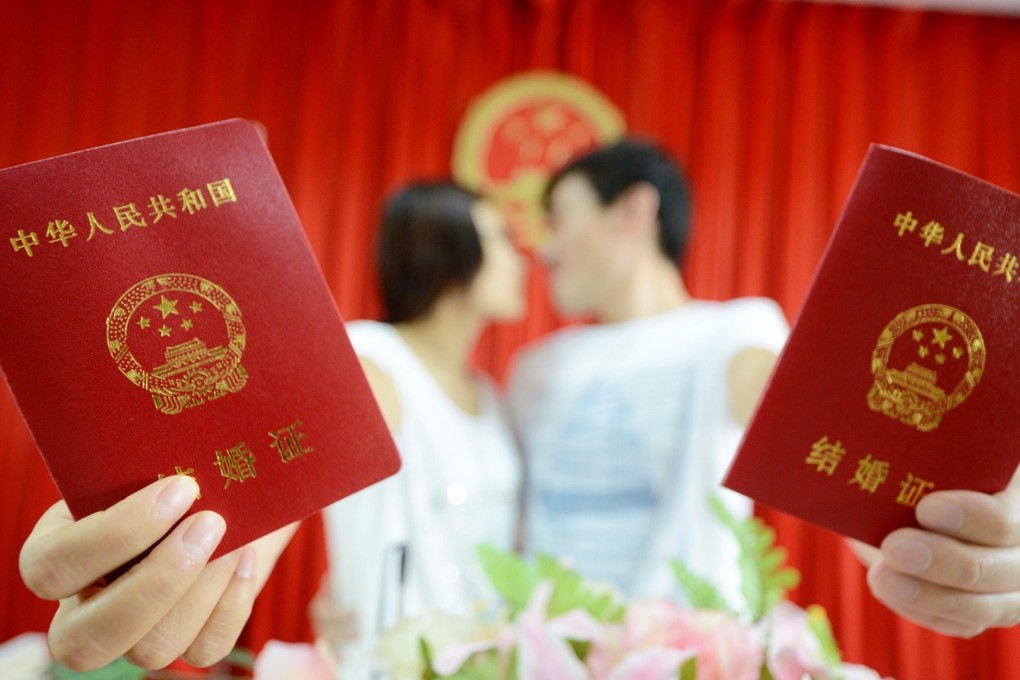Chinese city caps ‘bride price’ at US$7,450 to reduce wedding pressure
- Authorities in Puyang, Henan province, issue guidelines aiming to ‘curb high cost of betrothal gifts and change the custom’
- Families have been spending more in recent years, especially in rural areas where the gender gap has left millions of men struggling to find a wife

The “bride price” – or betrothal gifts given to a woman’s family – has gone up so much amid China’s huge gender imbalance that a city government has decided to step in.
Authorities in Puyang, in central Henan province, issued new guidelines on the practice this week, saying they aimed to “curb the high cost of betrothal gifts and change the custom”.
The average bride price in the city had reached 139,100 yuan (US$20,740), according to a survey by news aggregator Yidian Zixun last year.
Now, the value of gifts – usually money or property – given by a groom and his family to the bride’s parents has been capped at 60,000 yuan for rural areas and 50,000 yuan for urban areas.
In Puyang, the average annual disposable income was estimated at 18,197 yuan in 2017.